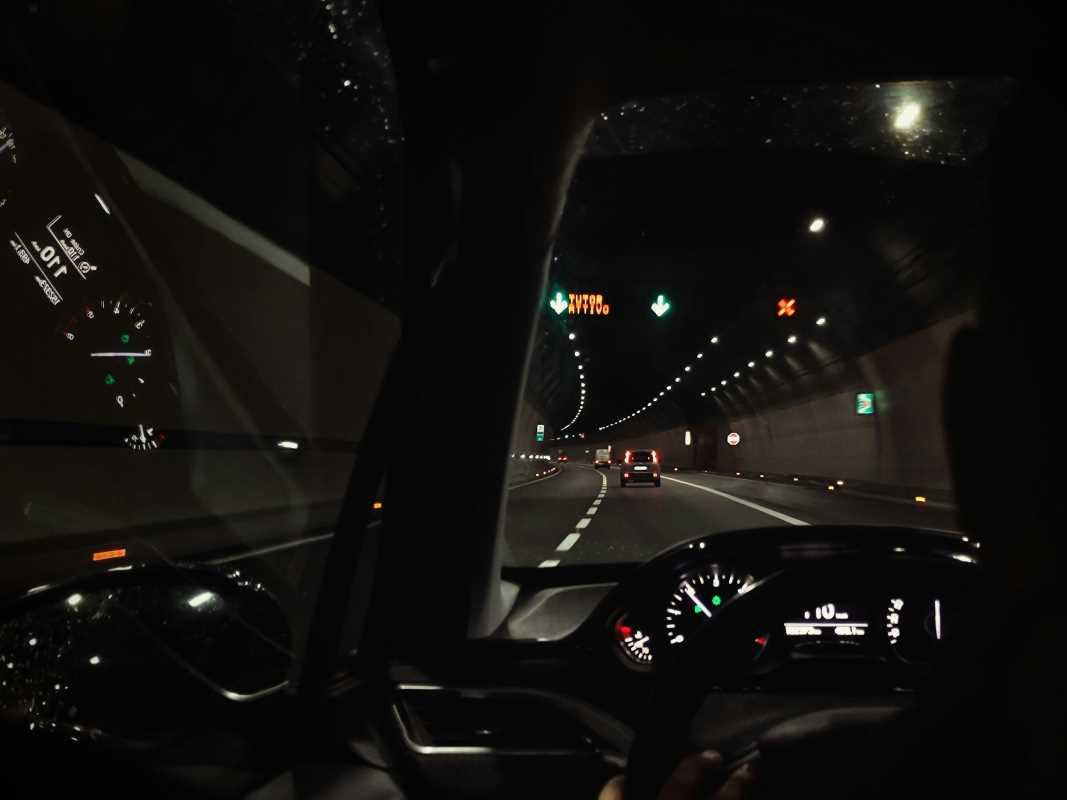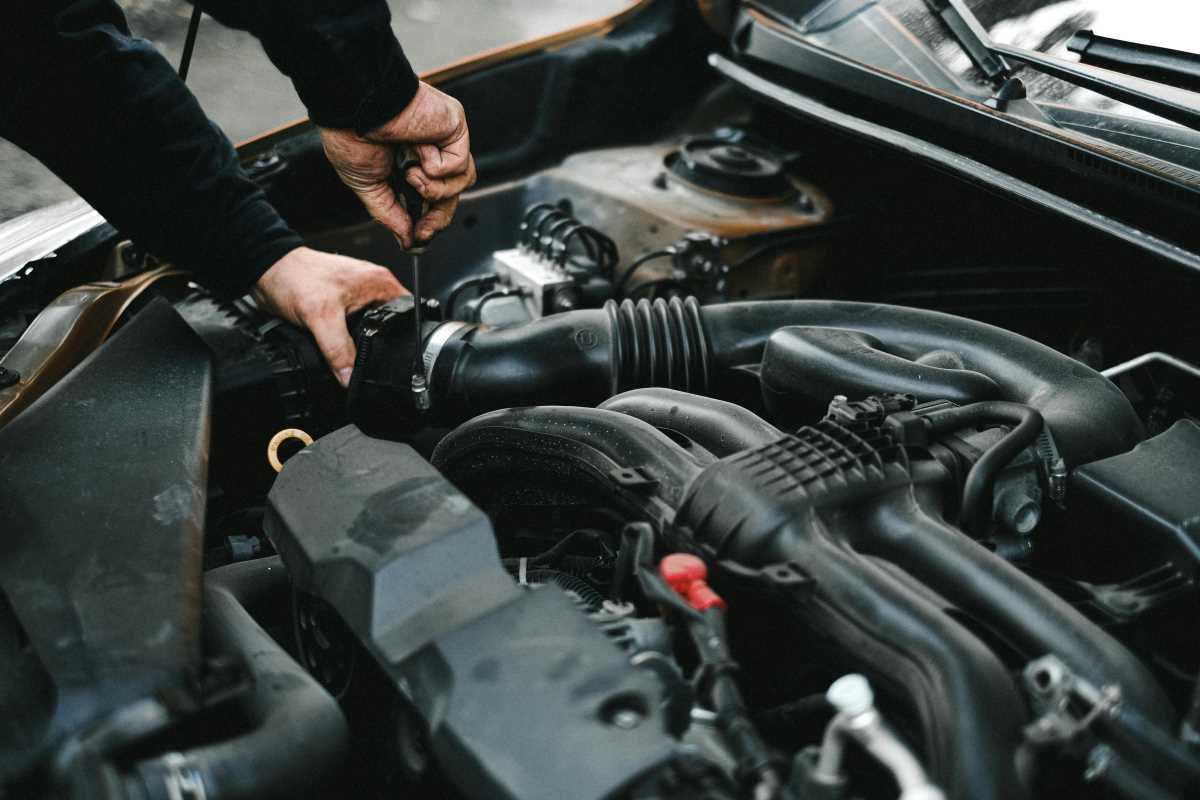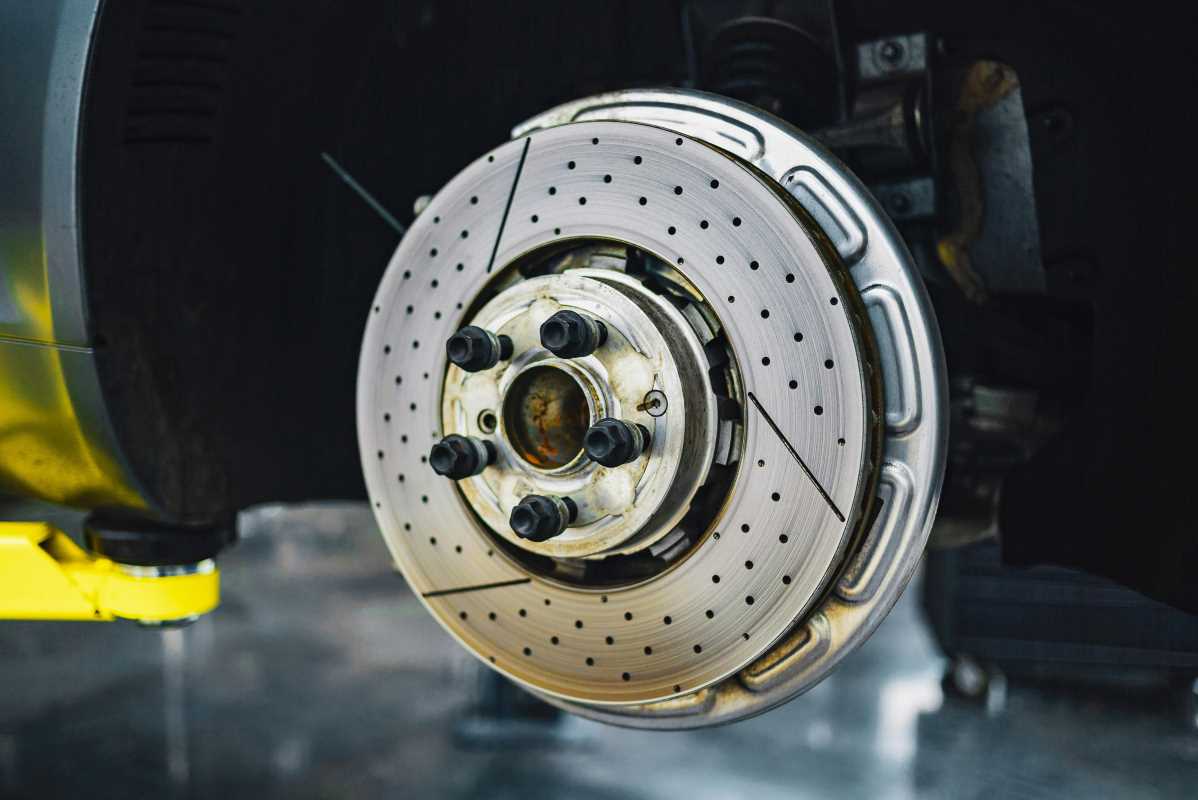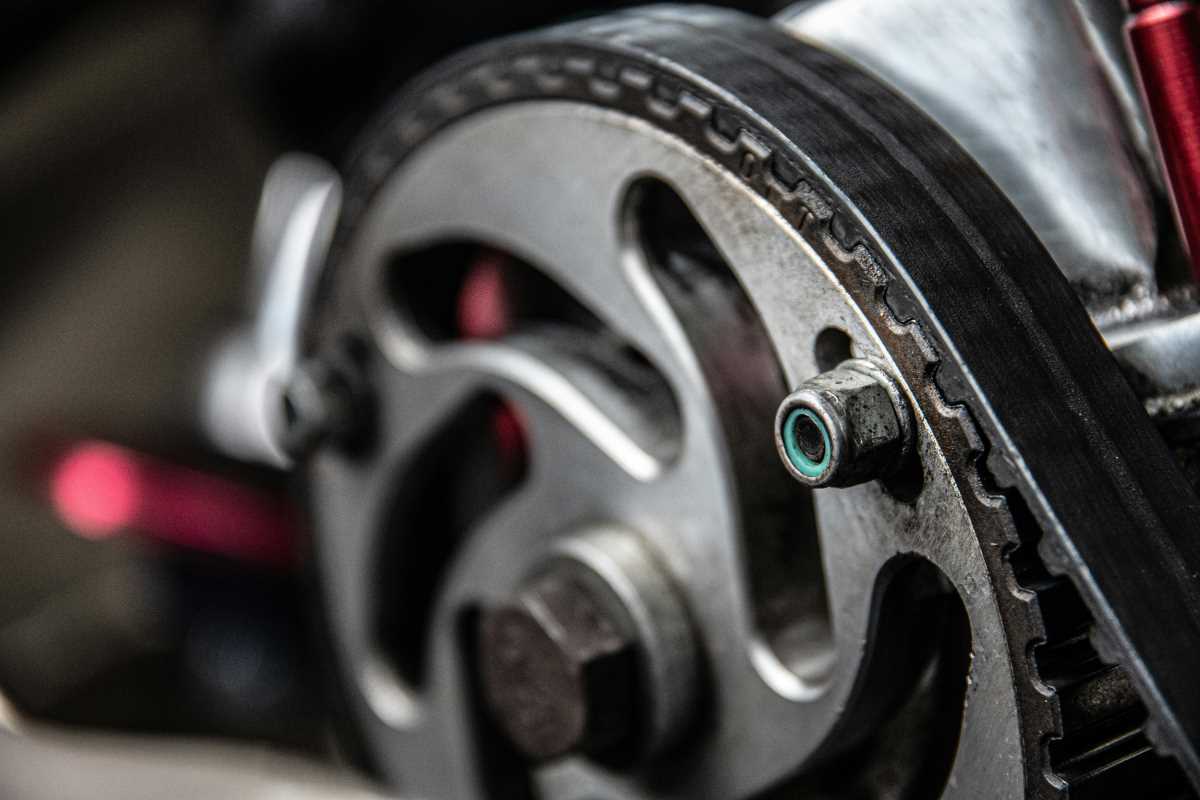Owning a car is both a convenience and a responsibility. While your vehicle usually runs smoothly, there may be times when problems arise. The good news is that many common car issues can be diagnosed and, in some cases, fixed with a bit of know-how. This guide will help you troubleshoot typical car problems like engine trouble, strange noises, warning lights, and more. We’ll also highlight when it’s best to leave the repairs to professionals.
Why Won’t My Car Start?
A car that won’t start is one of the most frustrating problems, and it can be caused by several factors. Here’s how to diagnose the issue:
- Dead battery:
- Symptoms: Clicking noises when you turn the key, no interior lights, or completely unresponsive electronics.
- What to do:
- Check the battery terminals for corrosion and clean them if necessary.
- Jump-start the car using jumper cables and another vehicle. If it starts, the battery likely needs a charge or replacement.
- Faulty alternator:
- Symptoms: Dimming headlights, battery warning light on the dashboard, or a dead battery even after a jump-start.
- What to do: If the vehicle dies shortly after starting, it could be the alternator. Seek professional assistance to confirm and replace the alternator.
- Starter motor issues:
- Symptoms: A single loud click or no noise at all when turning the key.
- What to do: Have a mechanic inspect the starter motor and solenoid for potential failure.
- Fuel system problems:
- Symptoms: The engine cranks but doesn’t start, especially if you’re low on fuel or hear no sound from the fuel pump.
- What to do: Check that you have gas in the tank and listen for the fuel pump’s hum when turning the key to “ON.” A silent pump might need replacement.
Reminder: If troubleshooting doesn’t resolve the issue or you feel unsure, consult a mechanic.
Why Is My Car Making Strange Noises?
Unusual sounds coming from your car often indicate mechanical problems. Understanding these noises can lead you to the culprit.
- Squealing when braking:
- Cause: Likely due to worn brake pads.
- What to do: Check your brake pads and replace them if necessary. If the noise continues, your rotors may require attention.
- Knocking sound from the engine:
- Cause: This could indicate low oil levels, or worn components like pistons or bearings.
- What to do: Check the oil level using the dipstick and top it off if low. Seek professional help if the sound persists.
- Whirring or humming when driving:
- Cause: Could relate to wheel bearings, tire wear, or transmission problems.
- What to do: Inspect your tires for uneven wear. If the noise changes with speed, it might be wheel bearings or the transmission, requiring expert inspection.
- Clicking while turning:
- Cause: Likely due to a faulty CV joint or axle.
- What to do: Have a mechanic diagnose and replace the damaged joint or axle.
Paying attention to noises early can save you from bigger (and costlier) problems down the road.
What Should I Do If a Warning Light Turns On?
Modern cars rely on warning lights to alert you to issues. Here’s how to handle the most common ones:
- Check engine light:
- Possible causes:
- Loose gas cap
- Faulty oxygen sensor
- Mass airflow sensor issues
- What to do:
- Tighten the gas cap and see if the light goes off after driving for a while.
- Use an OBD-II scanner to retrieve the trouble code and narrow down the issue. Address minor fixes like replacing oxygen sensors yourself, but consult a mechanic for complex problems.
- Possible causes:
- Oil pressure warning light:
- Cause: Low oil levels or a failure in the oil delivery system.
- What to do: Check your oil level immediately and add oil if it’s low. If the light remains on, have a mechanic inspect the problem.
- Battery warning light:
- Possible causes:
- Failing alternator
- Loose or corroded battery connections
- What to do: Inspect the battery terminals for corrosion. If the issue persists, test the alternator or have it replaced.
- Possible causes:
- Brake warning light:
- Cause: Could signal low brake fluid or an issue with the braking system.
- What to do: Check brake fluid levels and refill if necessary. For persistent lights, have the brake system inspected by a professional.
Ignoring warning lights can lead to serious problems, so always investigate them promptly.
Why Is My Car Overheating?
An overheating car is a serious issue that can cause engine damage if not addressed quickly.
- Common causes:
- Low coolant levels or coolant leaks
- Faulty thermostat
- Radiator or fan issues
- What to do:
- Pull over immediately and turn off the engine to prevent damage.
- Wait for the engine to cool completely (at least 30 minutes) before checking the coolant reservoir.
- Add coolant if it’s low, but never open the radiator cap while the engine is hot.
- Check for visible leaks under the car and inspect the radiator for damage.
If the problem persists, have a professional check the cooling system to identify the root cause.
Pro Tip: Keep a spare bottle of coolant and distilled water in your car for emergencies.
Why Am I Getting Poor Fuel Efficiency?
A sudden drop in fuel economy could indicate underlying mechanical or system issues. Common culprits include:
- Underinflated tires:
- Soft tires increase rolling resistance, making your car work harder.
- Fix: Check and adjust your tire pressure to the recommended PSI.
- Dirty air filter:
- A clogged filter limits airflow to the engine, affecting efficiency.
- Fix: Replace your air filter if it’s visibly dirty.
- Faulty spark plugs:
- Worn spark plugs reduce engine performance and fuel efficiency.
- Fix: Replace the spark plugs if they’re past their lifespan (usually every 30,000–100,000 miles, depending on type).
- Oxygen sensor issues:
- A failing oxygen sensor can affect the air-fuel mixture in your engine.
- Fix: Replace the faulty sensor to restore efficiency and prevent further issues.
Monitoring your car’s performance and addressing inefficiencies promptly can save you money at the pump.
When Should You Seek Professional Help?
While many fixes can be handled at home, some issues require the expertise of a mechanic:
- Persistent or recurring problems despite DIY attempts
- Electrical issues, like non-functioning lights or power systems
- Advanced transmission or engine repairs, including timing belt replacement
- Brake issues beyond basic pad replacement
It’s always better to consult a professional if you’re unsure—even small mistakes can lead to costly repairs.
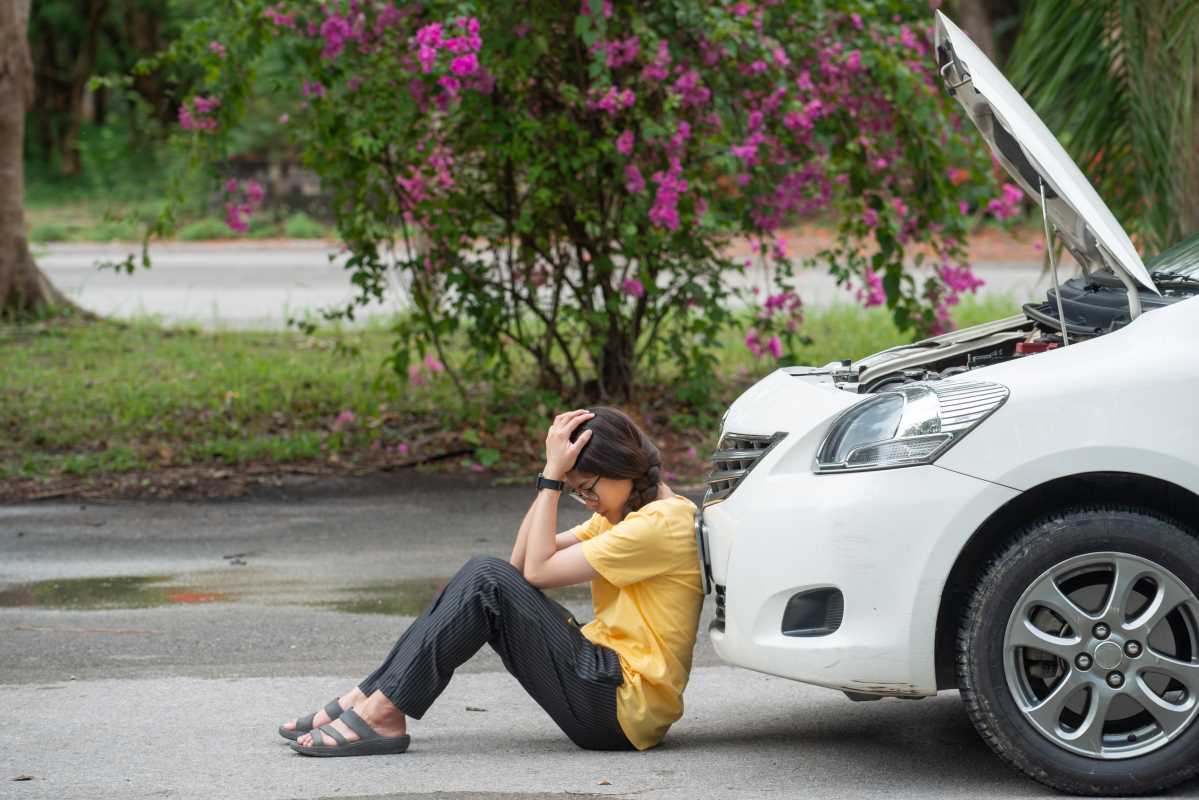 (Image via
(Image via